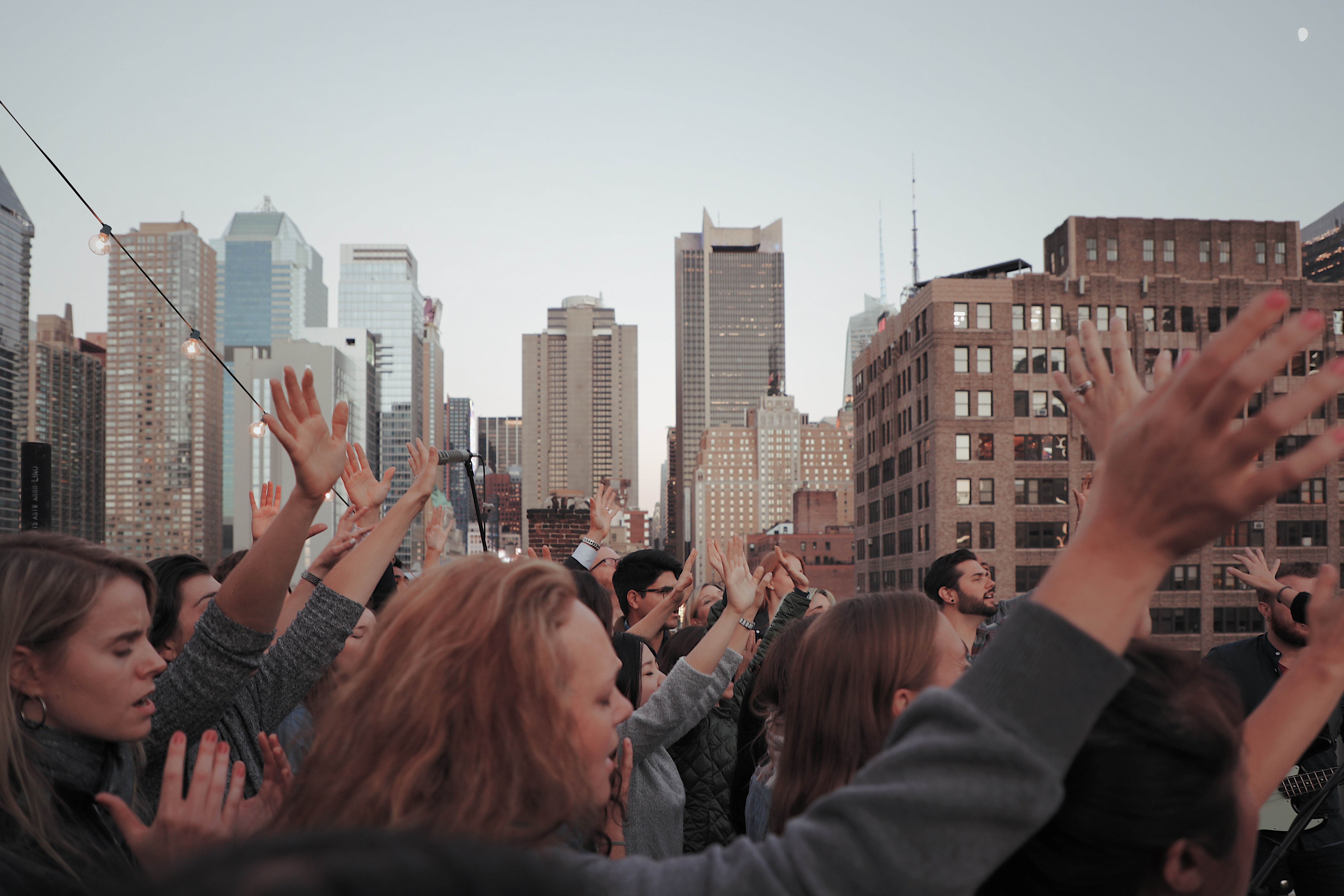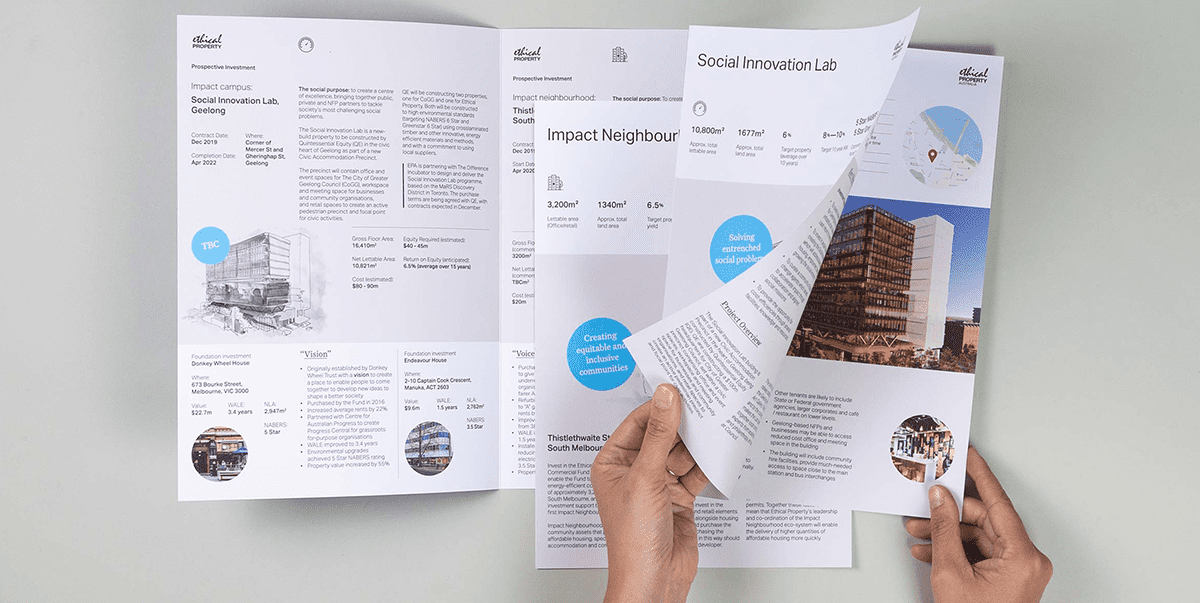
Today young people are no longer being asked ‘what do you want to be when you grow up?’ According to The New Work Order 2018 released by The Foundation for Young Australians, employment opportunities are uncertain and unstable, with one in three young people currently unemployed or underemployed. As a solution to enable young people to gain future employment, the report highlights the responsibility of the education sector to build enterprise skills into the school curriculum.
The Compassion Generation.
The future is not all bleak. In 2016 the NSW Advocate for Children and Young People conducted a study on over 4,000 children and young people (14 to 24 years old) to set the directions of the first NSW Government Strategic Plan for Children and Young People. The findings showed that this generation is incredibly motivated to bring a positive social change to the world they live in, building a reputation as the ‘Compassion Generation’.
“A social enterprise is basically a business with purpose at heart. Social Traders, a leading intermediary in the social enterprise sector, define social enterprises as businesses that trade to intentionally tackle social problems, improve communities, provide people access to employment and skills development, or help the environment.”
The bridge between enterprise skills and social change: social enterprise!
In my previous role I worked in the Youth Social Enterprise Team at YMCA Victoria. I was responsible for managing and facilitating two youth social enterprise programs: one of which was a social enterprise tour. This program, focused on the growth of social enterprise, demonstrated to young people the possibilities of different working environments, enabled enterprise skills, ignited connection to social change movements and redefined the notion of business to one where business can simultaneously make a profit and have a positive contribution to the world.
Applying a critical lens to the role of business in a community.
In 2018, customers are asking businesses for the added value of social impact generated from their transaction. Whether that be purchasing a coffee from Streat, who create employment and training pathways for youth experiencing homelessness/disadvantage, or a dress from Magpie Goose, who share Indigenous dreamtime stories through prints produced by local artists in the Northern Territory. The social enterprise tour challenged the responsibility of the consumer’s power to purchase a product or service that creates social impact rather than solely generating profit.
Diving into the diversity of social purposes.
The social enterprise tour allowed students and adults to dive into the world of social enterprise through an immersive learning experience. Throughout the social enterprise tour individuals were exposed to different social purposes to connect with, which they may not otherwise have thought about before; such as the environment at Friends of the Earth cafe or recently arrived migrants and refugees at The Social Studio retail store. Some of my highlights include:
- Social enterprise products
Thankyou openly shares the journey of failure and success of three young friends who created one of Australia’s most famous social enterprises . Thankyou are a profit generating social enterprise that sell products like water bottles, hand soaps and nappies. They donate 100% of their profits to ending global poverty. Thankyou have created an incredible social impact tracking technology, to further engage their customers in social impact measurement, by scanning the barcode of the purchased product to connect with the community it is benefiting.
- Social enterprise eateries
Charcoal Lane is a fine dining restaurant of which every dish contains native Australian ingredients and shares a positive connection to Aboriginal culture. Their social purpose is to provide training and qualifications to young people and Aboriginal peoples experiencing barriers to employment.
- Social enterprise retail stores
HoMie is a retail store that sells streetwear and donates 100% of their profits to people experiencing homelessness and disadvantage. HoMie hold a ‘VIP day’ once a month and only invite people experiencing homelessness to pick 5 garments of their choice, have their hair cut and nails done, share a free meal and get referrals to relevant service providers.
Businesses have the power to influence social change.
What I have learnt from my time in engaging with social enterprises, and as a student of the Master of Social Impact at Swinburne University, is that there is a movement driven by both consumers and businesses towards change and towards shared value. That an expectation now exists for business to create measurable economic benefit by identifying and addressing social problems that intersect with their business. That the role of business in the community is no longer to solely generate income and provide employment, rather it now holds the added responsibility to contribute to the solution of social and environmental causes.

